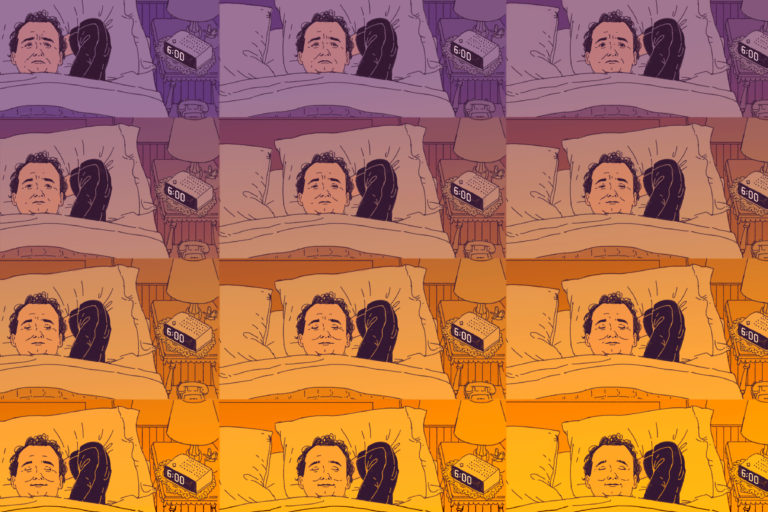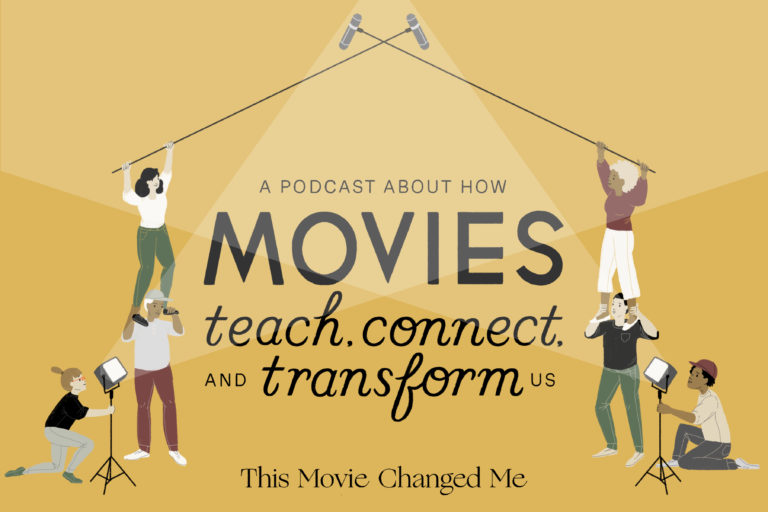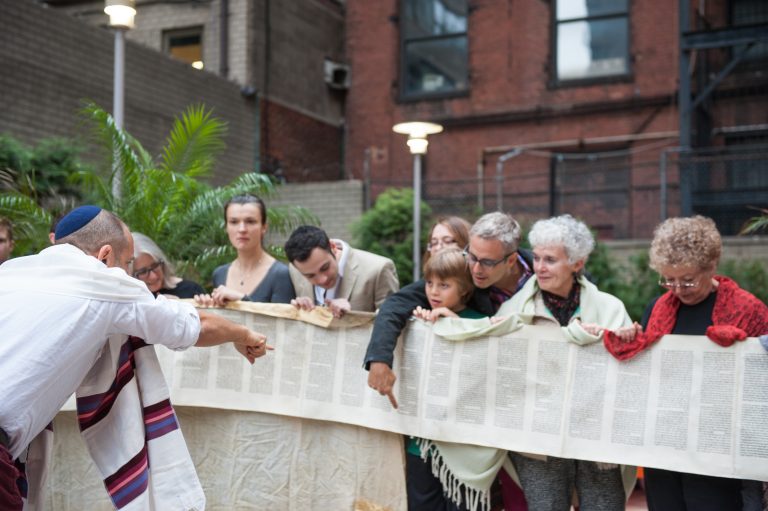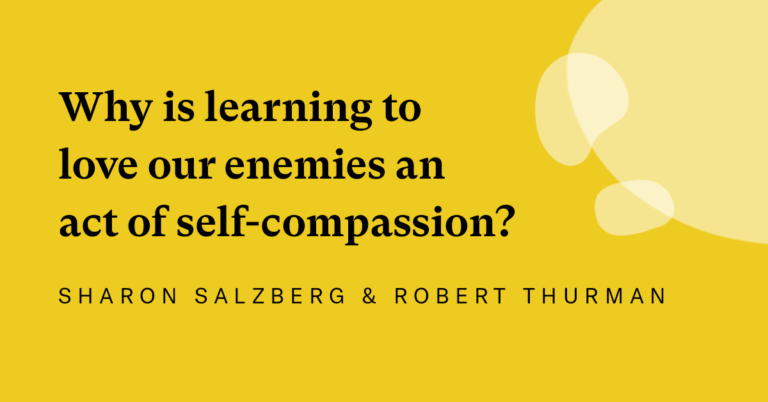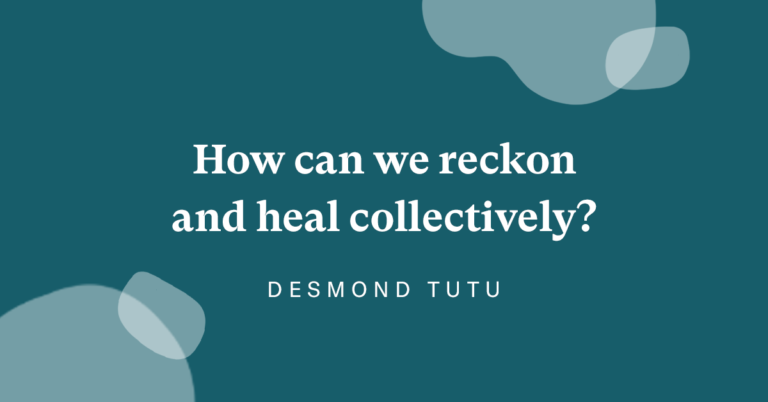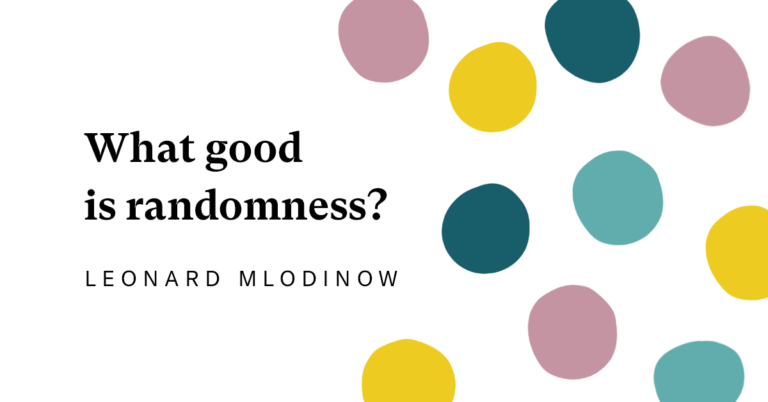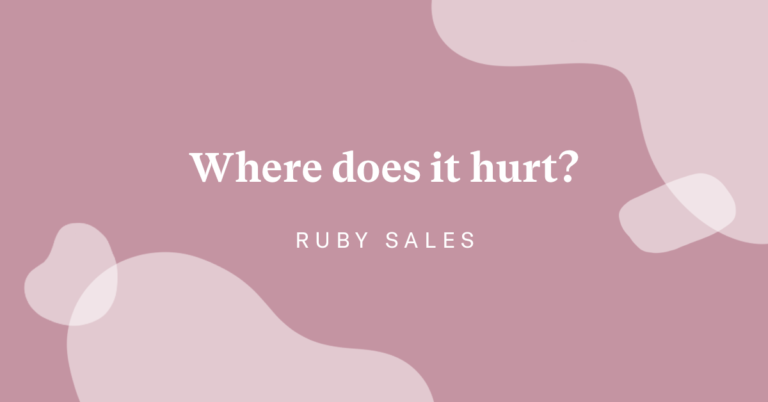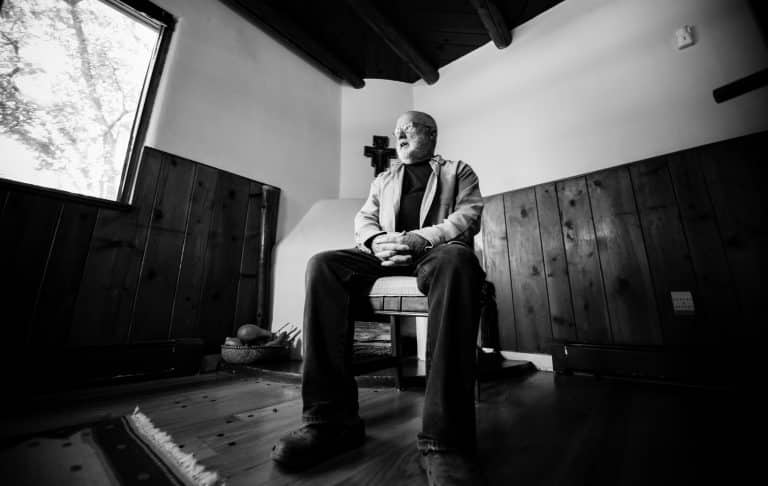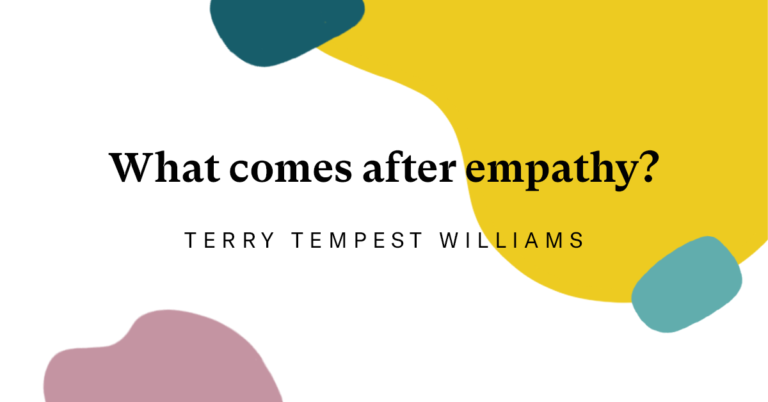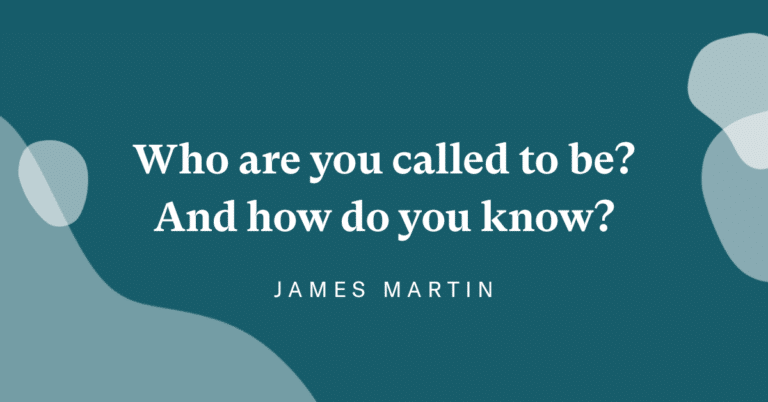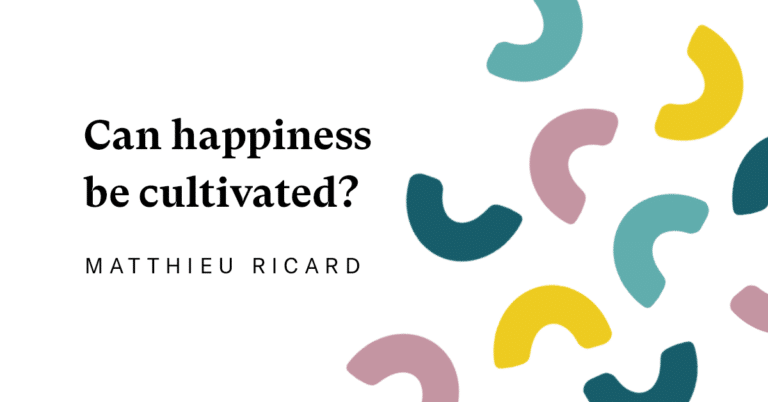Groundhog Day is a classic movie for two groups of people: Bill Murray fans and anyone who was alive in the ’90s. But writer Naomi Alderman falls into a wholly different category of fandom. The author of The Power first watched Groundhog Day when she was 18 and has seen it dozens of times since then. She says the movie has offered her solace in moments of existential angst and helped her devise a routine for the times when she’s stuck in a rut.
Podcasts
View
- List View
- Standard View
- Grid View
911 Results
We were made and set here, the writer Annie Dillard once wrote, “to give voice to our astonishments.” Katy Payne is a renowned acoustic biologist with a Quaker sensibility. She’s found her astonishment — and many life lessons — in listening to two of the world’s largest creatures. From the wild coast of Argentina to the rainforests of Africa, she discovered that humpback whales compose ever-changing songs and that elephants communicate across long distances by infrasound.
August 15, 2019
Shane Claiborne and Omar Saif Ghobash
Called and Conflicted
Spiritual border-crossing and social creativity were themes in a conversation between Shane Claiborne and Omar Saif Ghobash, two people who have lived with some discomfort within the religious groups they continue to love. Ghobash is a diplomat of the United Arab Emirates and author of Letters to a Young Muslim. One of his responses to the politicization of Islam has been to bring a new art gallery culture to Dubai, creating spaces for thought and beauty. Claiborne is a singular figure in Evangelical Christianity as co-founder of The Simple Way, an intentional neighborhood-based community in North Philadelphia. One of the things he’s doing now is a restorative justice project inspired by a Bible passage — to transform guns into garden tools. This conversation took place at the invitation of Interfaith Philadelphia, which hosted a year of civil conversations modeled after the work of On Being’s Civil Conversations Project.
Our podcast This Movie Changed Me is coming back with a new season of movie magic, featuring conversations about favorites old and new — from Groundhog Day and Black Panther to Coco and The Exorcist.
New episodes coming to your podcast feed Tuesdays in September. Subscribe on Apple Podcasts, Google Podcasts, Spotify, or wherever you get podcasts.
Darnell Moore says honest, uncomfortable conversations are a sign of love — and that self-reflection goes hand-in-hand with culture shift and social evolution. A writer and activist, he’s grown wise through his work on successful and less successful civic initiatives, including Mark Zuckerberg’s plan to remake the schools of Newark, New Jersey, and he is a key figure in the ongoing, under-publicized, creative story of The Movement for Black Lives. This conversation was recorded at the 2019 Skoll World Forum in Oxford, England.
Forms of religious devotion are shifting — and there’s a new world of creativity toward crafting spiritual life while exploring the depths of tradition. Rabbi Amichai Lau-Lavie is a fun and forceful embodiment of this evolution. Born into an eminent and ancient rabbinical lineage, as a young adult he moved away from religion towards storytelling, theater, and drag. Today he leads a pop-up synagogue in New York City that takes as its tagline “everybody-friendly, artist-driven, God-optional.” It’s not merely about spiritual community but about recovering the sacred and reinventing the very meaning of “we.”
Applied philosopher Jonathan Rowson insists on holding a deeper appreciation for how our inner worlds influence our outer worlds. His research organization, Perspectiva, examines how social change happens across “systems, souls, and society.” “If we can get better and more nimble and more generous about how we move between those worlds, then the chance of creating a hope that makes sense for all of us is all the greater,” he says. We engage his broad spiritual lens on the great dynamics of our time, from social life to the economy to the climate.
The last episode of season two. Robert Thurman and Sharon Salzberg are icons of American Buddhism, and they are joyful, longtime friends. They challenge us to reframe our anger by seeing love for our enemies as an act of self-compassion. “It’s very hard to see love as a force, as a power rather than as a weakness, but that is its reality,” Salzberg says.
We must shine a light on the past to live more abundantly now. Historian Annette Gordon-Reed and painter Titus Kaphar lead us in an exploration of that as a public adventure in this conversation at the Citizen University annual conference. Gordon-Reed is the historian who introduced the world to Sally Hemings and the children she had with President Thomas Jefferson, and so realigned a primary chapter of the American story with the deeper, more complicated truth. Kaphar collapses historical timelines on canvas and created iconic images after the protests in Ferguson. Both are reckoning with history in order to repair the present.
Archbishop Desmond Tutu is one of our wisest models on the territory of reckoning with past wrongs that infuse and haunt the present. In the 1990s, he helped galvanize South Africa’s peaceful transition to democracy after decades of white supremacy as the law of the land. He tells a story of how healing and human redemption unfold from his time chairing the Truth and Reconciliation Commission, which granted amnesty to those who would fully confess their crimes. “Human beings can leave you speechless, really. They can leave you speechless by the horrible things they do, but they also leave you speechless with the incredible things,” he says.
The folk-rock duo Amy Ray and Emily Saliers have been making music for over 25 years. They’re known for their social activism onstage and off, but long before they became the Indigo Girls, they were singing in church choirs. They see music as a continuum of human existence, intertwined with spiritual life in a way that can’t be pinned down.
The physicist Leonard Mlodinow changes how we think about the agency we have in shaping our own destinies. As a scientist, he works with principles like Brownian motion, by which Einstein helped verify the existence of molecules and atoms. As the child of Holocaust survivors, he dances with the experience we all have: that life never goes as planned, and yet the choices we make can matter. “The course of your life depends on how you react to opportunities and challenges that randomness presents to you,” he says.
We still work with the old idea that we should check the messy parts of ourselves at the door of our professional lives. But Jerry Colonna says doing so cuts us off from the source of our creativity. “The result is that our organizations are actually less productive, less imaginative; not just poor workplaces for individuals to be, but poor places for collaboration … and spontaneity and laughter and humor.” Colonna is a former venture capitalist who now coaches CEOs. He says undoing the old model starts with radical self-inquiry and asking ourselves questions like “Who is the person I’ve been all my life?” — and that it’s only after we sort through the material of our personal lives that we can become better leaders.
Public theologian Ruby Sales opens up what it was like to be a teenage participant in the civil rights movement — including the impatience she had with religion and how she circled back, through her experiences of the movement, to a sense of the deep reason for inner life and religious groundings. The question she carries with her, “Where does it hurt?”, models new ways for us to understand one another.
Men of all ages say Richard Rohr has given them a new way into spiritual depth and religious thought through his writing and retreats. This conversation with the Franciscan spiritual teacher delves into the expansive scope of his ideas: from male formation and what he calls “father hunger” to why contemplation is as magnetic to people now, including millennials, as it’s ever been.
Naturalist Terry Tempest Williams brings meaning and direction to the grief around ecological loss and climate change. She’s a self-described “citizen writer” rooted in the American West, and she draws connections between fierce love and hard work — both in the natural world and the human world. “It all comes down to relationships, to place, to paying attention, to staying, to listening, to learning — of a heightened curiosity with other,” Williams says.
Father James Martin is a beloved Jesuit writer and teacher who says desire is not selfish, but rather a path to understanding our callings in life. He believes everyone has a vocation we can find by asking: What moves me? “We all have an image of the person we want to become — more loving, more open, more free. That’s a call,” he says.
Matthieu Ricard is helping us redefine happiness in a culture convinced that it’s a passive experience. The French-born Tibetan Buddhist monk reframes happiness not as pleasure but as practice that requires discipline — akin to marathon training or learning chess. He asks, “What are the inner conditions that foster a genuine sense of flourishing, of fulfillment?”
The Pause
Join our constellation of listening and living.
The Pause is a monthly Saturday morning companion to all things On Being, with heads-up on new episodes, special offerings, event invitations, recommendations, and reflections from Krista all year round.
Search results for “”
View
- List View
- Standard View
- Grid View
Filters


